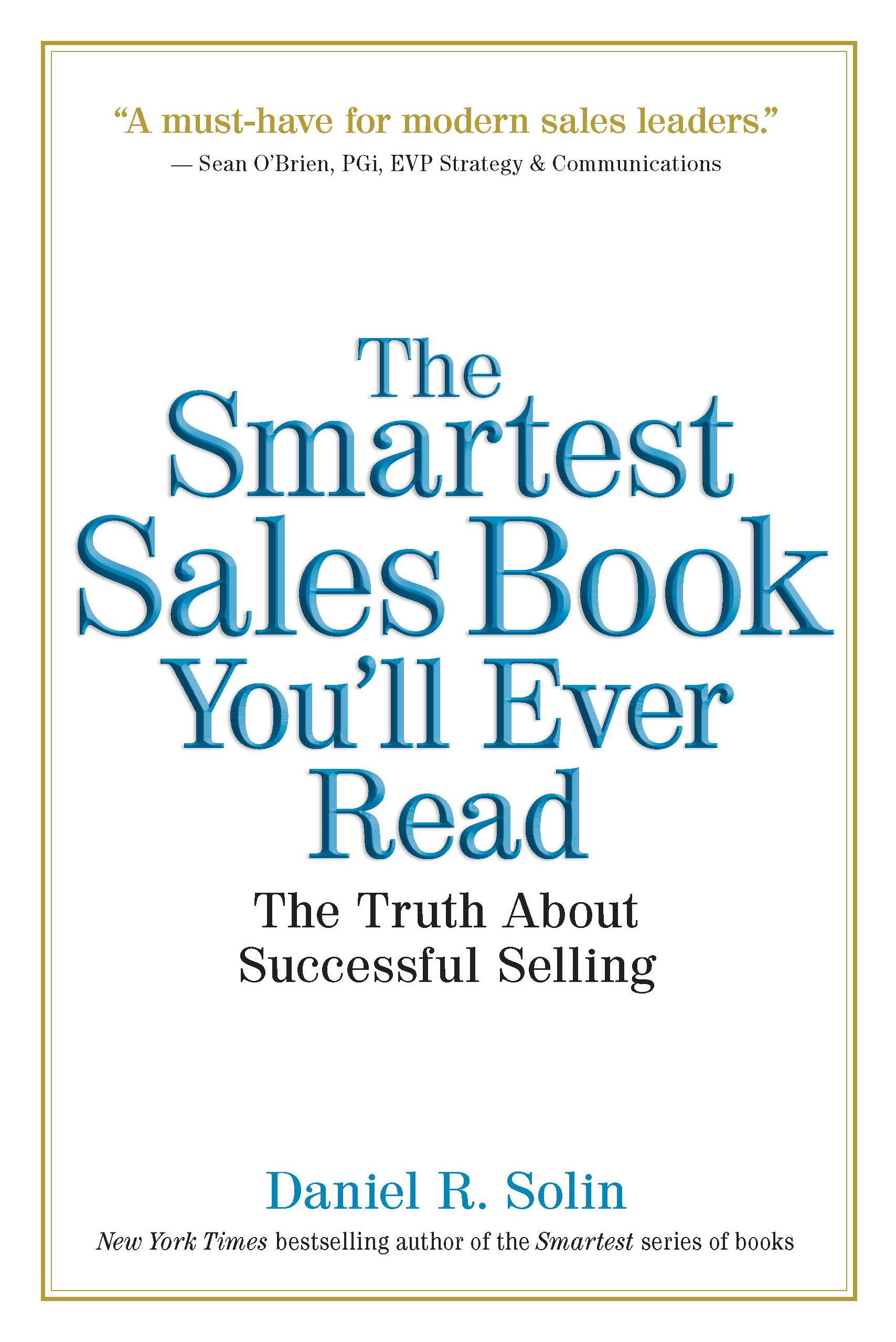Intelligent and responsible investing can be simple and uncomplicated. It involves buying a globally diversified portfolio of low management fee index funds, exchange-traded funds (ETFs) or passively managed funds in an appropriate asset allocation. After the initial purchase, there is very little to do except rebalancing perhaps once or twice a year and tax-loss harvesting when needed.
Here's the part that's difficult.
Ignore the financial news. Stick to a disciplined plan. Understand that no one has the expertise to pick stocks, time the market or select the next "hot" fund manager over the long term. Don't confuse luck with skill.
Consider these investing facts, which may cause you to dump your "market-beating" broker, fundamentally change the way you invest and increase the possibility of reaching your goal of retiring with dignity.
Q. What's the track record of active management?
A. The majority of individual investors, mutual funds, hedge funds and venture capital funds underperform their risk-adjusted benchmarks every year, and especially over the long term.
Q. What percentage of actively managed mutual funds go out of business (typically due to poor returns) over a 10-year period?
A. About 50 percent.
Q. How do fund families account for the performance of funds that no longer exist?
A. Those funds are typically merged with better performing funds. This permits the fund families to keep the assets and hide poor performance.
Q. Of the funds that survive over a 10-year period, what percentage will beat their risk-adjusted index or benchmark?
A. Only about 20 percent.
Q. What percentage of active fund managers demonstrate statistically significant evidence of stock-picking skill? (In other words, what percentage of active managers are able to generate statistically significant alpha?)
A. About 2 percent have been found to have statistically significant evidence of skill.
Q. Is there any way to prospectively identify that tiny percentage of fund managers able to demonstrate statistically significance evidence of skill?
A. There is no evidence of persistence in performance beyond what you would expect from random chance. Because past performance isn't predictive, there is no way to identify outperforming fund managers prospectively. Doing so based on past performance is like driving while looking only in your rearview mirror.
Q. When you take taxes into account, what are the odds of an active portfolio beating a comparable passive one?
A. After taxes, the risk-adjusted odds of an active portfolio beating a comparable passive one is close to zero.
Q. Do actively managed funds outperform index funds in bear markets?
A. Studies from Vanguard and Standard & Poor's found no support for this belief. In fact, Standard & Poor's called it "a myth."
Q. How much does it cost to invest in active management compared to the returns you would have earned in index funds?
A. About $80 billion a year.
Q. Why do the vast majority of investors continue to purchase actively managed funds?
A. Lack of financial education and overconfidence.
Q. Why do most investors rely on the advice of brokers and not registered investment advisors?
A. Lack of knowledge about the difference between the lower "suitability" obligation brokers have to their clients compared to the "fiduciary" standard registered investment advisors owe their clients. Also, a lack of understanding about the conflicts of interest between brokers and their clients. Finally, a lack of understanding regarding the risk and return data between index funds and the actively managed funds sold by brokers.
Keep these facts in mind as you reflect on the financial changes you hope to make in 2015 and beyond.
 Dan Solin is the director of investor advocacy for the BAM ALLIANCE and a wealth adviser with Buckingham. He is a New York Times best-selling author of the Smartest series of books. His latest book is The Smartest Sales Book You'll Ever Read.
Dan Solin is the director of investor advocacy for the BAM ALLIANCE and a wealth adviser with Buckingham. He is a New York Times best-selling author of the Smartest series of books. His latest book is The Smartest Sales Book You'll Ever Read.
The views of the author are his alone and may not represent the views of his affiliated firms. Any data, information and content on this blog is for information purposes only and should not be construed as an offer of advisory services.

